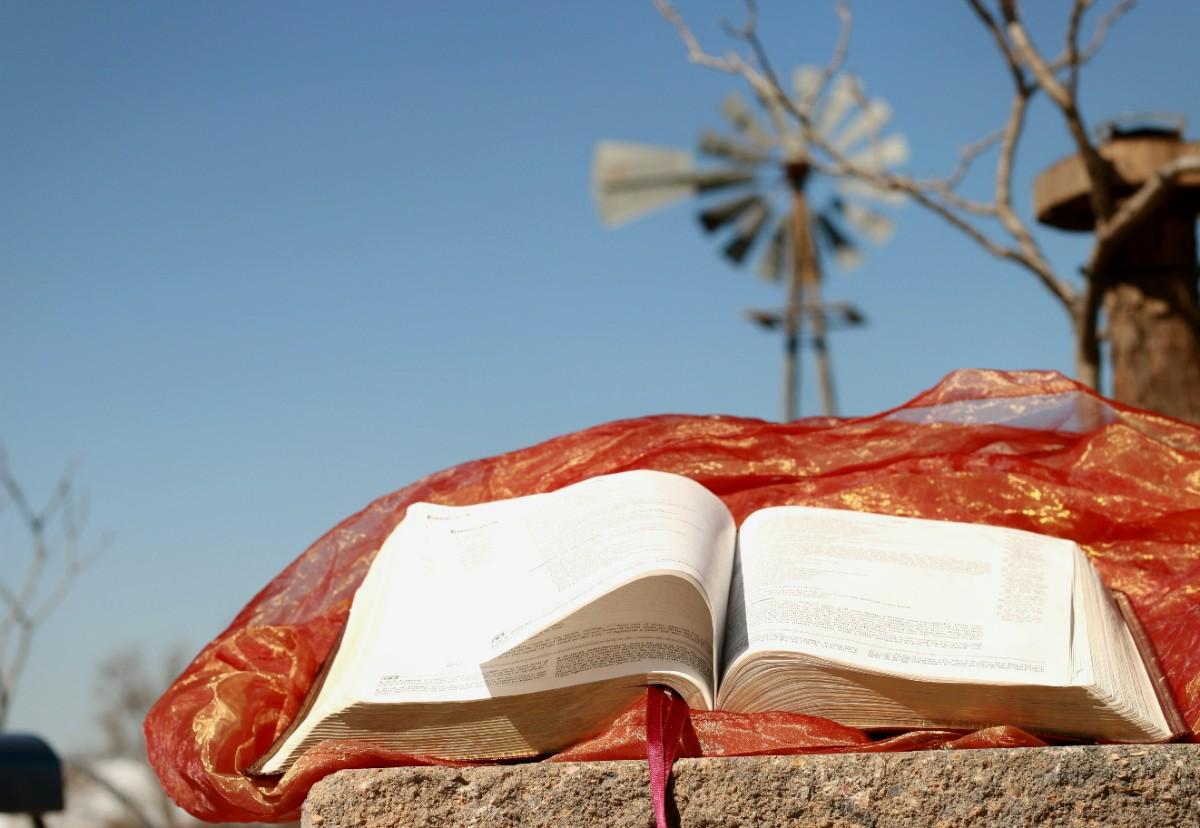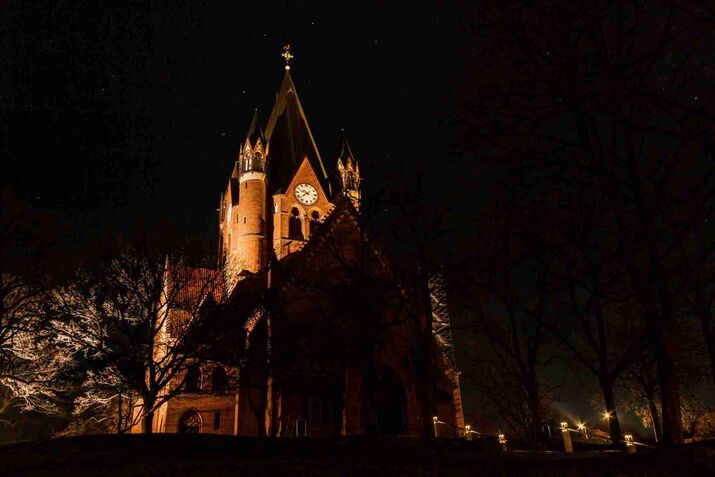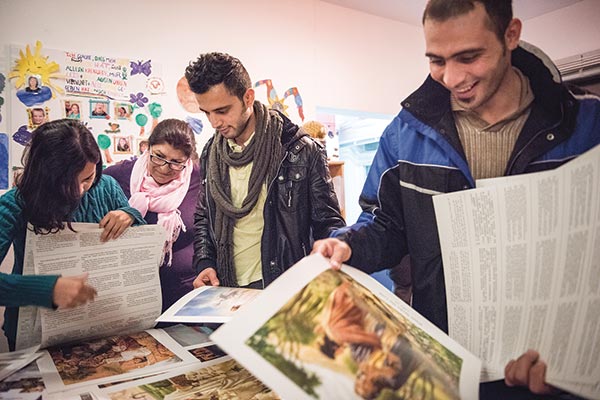Lessons from the Frontlines: How Faith Is Spreading in the Middle East
In one of the world’s hardest places for faith to survive, Christianity is quietly multiplying. Discover how ordinary believers across the Middle East are transforming their communities through courage, compassion, and everyday faith.

Where Faith Shouldn’t Survive — But Does
The Middle East is often described as one of the hardest places on earth for Christianity to take root.
It’s a region marked by conflict and complexity, dominated by Islam, scarred by war, and fractured by politics. Yet even in these landscapes of uncertainty, the Church is growing quietly, courageously, and powerfully.
This is not the story of celebrity pastors or mission headlines.
It’s the story of ordinary people, teachers, shopkeepers, and former soldiers living out their faith with humility and love. And it’s here that NEO’s story unfolds, in the hands of local believers who carry the gospel not from pulpits, but into the everyday corners of life.
A Reluctant Calling
For Nadim Costa, president of NEO US, the journey began far from any mission strategy. He grew up in Beirut during the Lebanese Civil War, a child surrounded by shellfire. “We’d go to school in the morning and then the fighting started in the afternoon,” he remembers.
Faith came early, and at first, it came from fear. “At eleven, I turned to Jesus because I didn’t want to go to hell,” Nadim says with disarming honesty. But over time, that fear softened into love, a personal relationship with God that changed the direction of his life. He never planned to become a missionary. “I wanted a career. A normal life,” Nadim admits.
But God had other plans. Through an encounter with the Holy Spirit, Nadim realized his life was no longer his own. That moment became the seed of NEO, a movement now serving across more than 30 nations in the Middle East, North Africa, and beyond.
“God doesn’t call the qualified. He uses the available.”
A Movement That Multiplies
At the heart of NEO’s work is the conviction that every believer is a missionary.
Rather than building large institutions, NEO equips ordinary people to gather in small groups known as Discovery Bible Studies, places where Scripture is read, questions are asked, and faith is lived, not studied from a distance.
“It’s not about making people Christian,” Nadim says. “We point them to Jesus and let Him do the work.”
Across refugee camps, crowded cities, and desert villages, NEO now supports 225 full-time workers and more than 7,000 volunteers. They are bakers and builders, mothers and mentors, people transformed by faith who now transform their communities.
Because this movement is decentralized, it thrives in places where traditional churches cannot. There are no stages, no spotlights, only believers quietly living out the gospel.
Faith in the Margins
In the Middle East, God often chooses the unlikely.
A Druze militia leader in Syria, once feared for his violence, became a disciple-maker after surviving a missile strike. A shopkeeper in Egypt met Christ through the simple words of a disabled man: “Jesus loves you.” Neither had training nor a title. What they had was availability, and that was enough.
In places where faith is often met with suspicion, love speaks loudly. NEO teams in Egypt and Iraq serve among people with disabilities, a group usually hidden away due to stigma. By washing feet, feeding families, and restoring dignity, they open hearts that sermons alone could never reach. Entire households have come to faith simply by witnessing this kind of compassion.
In Yemen, a local leader was kidnapped and beaten for his faith. Offered a chance to flee, he refused. “I must stay with my team,” he said. His decision inspired a wave of courage among others.
In the Middle East, persecution does not extinguish movements; it refines them. When faith costs something, it becomes impossible to fake.
For Nadim, this is the essence of ministry. “I want to see faith in the everyday,” he says. “Make ministry livable, not theoretical.” In a region where religion is politicized, authentic faith is most credible when it’s lived, not preached in classrooms, kitchens, and workshops, where the gospel becomes real.
Beyond Religion Toward Relationship
Perhaps the greatest barrier to faith in the Middle East isn’t persecution, it’s misunderstanding. Religion, both in Christianity and Islam, has often been reduced to rules and rituals.
“If all it takes is showing up in church and following traditions, why should I die for that?” Nadim once asked. For him, and for thousands now part of the NEO network, Christianity is not a religion of duty — it’s a relationship of love. It’s about walking with a God who calls us sons and daughters, not servants. That truth is changing lives. When people encounter God as Father, everything shifts.
What the World Can Learn
The movement unfolding across the Middle East carries lessons for the global Church. It reminds us that faith grows fastest when leadership is shared, not centralized, when ordinary believers are empowered to carry the message of hope.
It shows that compassion is not an addition to the gospel; it is its heartbeat. Serving the vulnerable earns credibility that words alone cannot.
It also reveals that suffering, though painful, can refine rather than destroy. Where comfort fades, conviction grows.
And finally, it teaches us that the marketplace, the places where we live, work, and build relationships, may be the most powerful mission field of all. Faith was never meant to stay inside the pulpits. It belongs in the streets, in the workplaces, and in the ordinary rhythms of daily life.
The Story Continues
Christian missions in the Middle East are not just surviving; they are thriving in the face of adversity.Through ordinary believers, grassroots discipleship, and relentless compassion, the gospel is advancing in some of the world’s hardest places.Nadim’s story reminds us that the call of missions is not reserved for the extraordinary; it belongs to anyone willing to say yes. “If God can use us in war zones,” Nadim says, “He can use anyone, anywhere.”
The invitation to the global Church is clear: rediscover faith not as religion, but as a relationship; not as comfort, but as courage. And join in what God is already doing in the heart of the Middle East.
Hope is breaking through in some of the hardest-to-reach regions, and faith is rising where it should not survive.

.webp)

